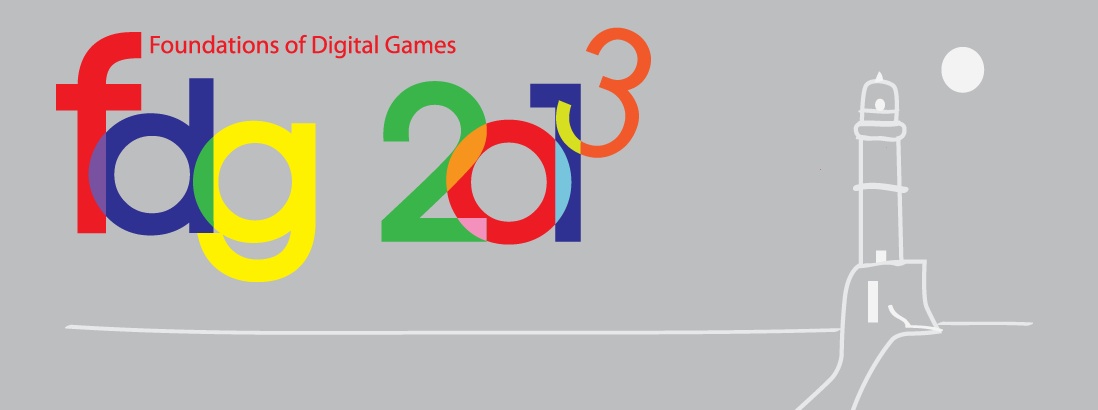Mia Consalvo and Jen Whitson will be presenting their work at the Foundations of Digital Games in Chania, Crete, Greece from May 14-17th, 2013.
Mia Consalvo will be presenting a paper that she wrote with Christopher Paul entitled: Welcome to the discourse of the real: Constituting the boundaries of games and players.
Here’s the abstract:
Discourse shapes the way we see the world. In game design and game studies, discourse also shapes the games we make, the games we play, and how we think about games in general. One key discursive construction in contemporary game culture is to portray some games as ‘real’ or ‘authentic,’ rendering others as fake or lesser. In this essay we analyze the discourse of real games by focusing on four key discursive constructions that prop up notions of real games: developer pedigree, game mechanics, the celebration of depth and complexity, and the payment structure for games. Using the framework of constitutive rhetoric we argue that these appeals also construct a category of real gamers that has a substantial impact on what games are available and how we think about them.
Jen Whitson will be presenting in the serious games section about a locative game that she created with Jess Aldred, using Brian Greenspan’s Storytrek platform. The talk is entitled: Whether to Play or Preserve the Past? Creating the Forgotten Worker Quest.
In this paper, we describe some of the challenges associated with creating a locative game based on historical content. The Forgotten Worker Quest presents the history of the Rideau Canal as the winning of space while aligned with an avatar; however, the web exhibit from which the game draws its assets does not exhibit the same ludic qualities, which presented serious design challenges. The lack of compelling, navigable, and playable spaces in the web exhibit came back to haunt us in the game design stage as we tried to harvest any relevant, potentially playable content from the site. All too often, mundane artifacts ended up standing in for more dramatic gameplay elements. Ultimately, the inherent difficulties of accurately reconstructing the past encouraged us to take a more postmodern historical approach to our game development, by developing algorithms of play that allegorize the process of archival research, and foreground the roles that selection and narrativization play in historiography.
About Foundations of Digital Games: FDG 2013, the 8th International Conference on the Foundations of Digital Games, is a focal point for academic efforts in all areas of research and education involving games, game technologies, gameplay, and game design. The goal of the conference is the advancement of the study of digital games, including new game technologies, capabilities, designs, applications, educational uses, and modes of play.
Here’s the link to the larger list of papers accepted to the conference: http://www.fdg2013.org/program/papers.html

